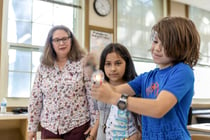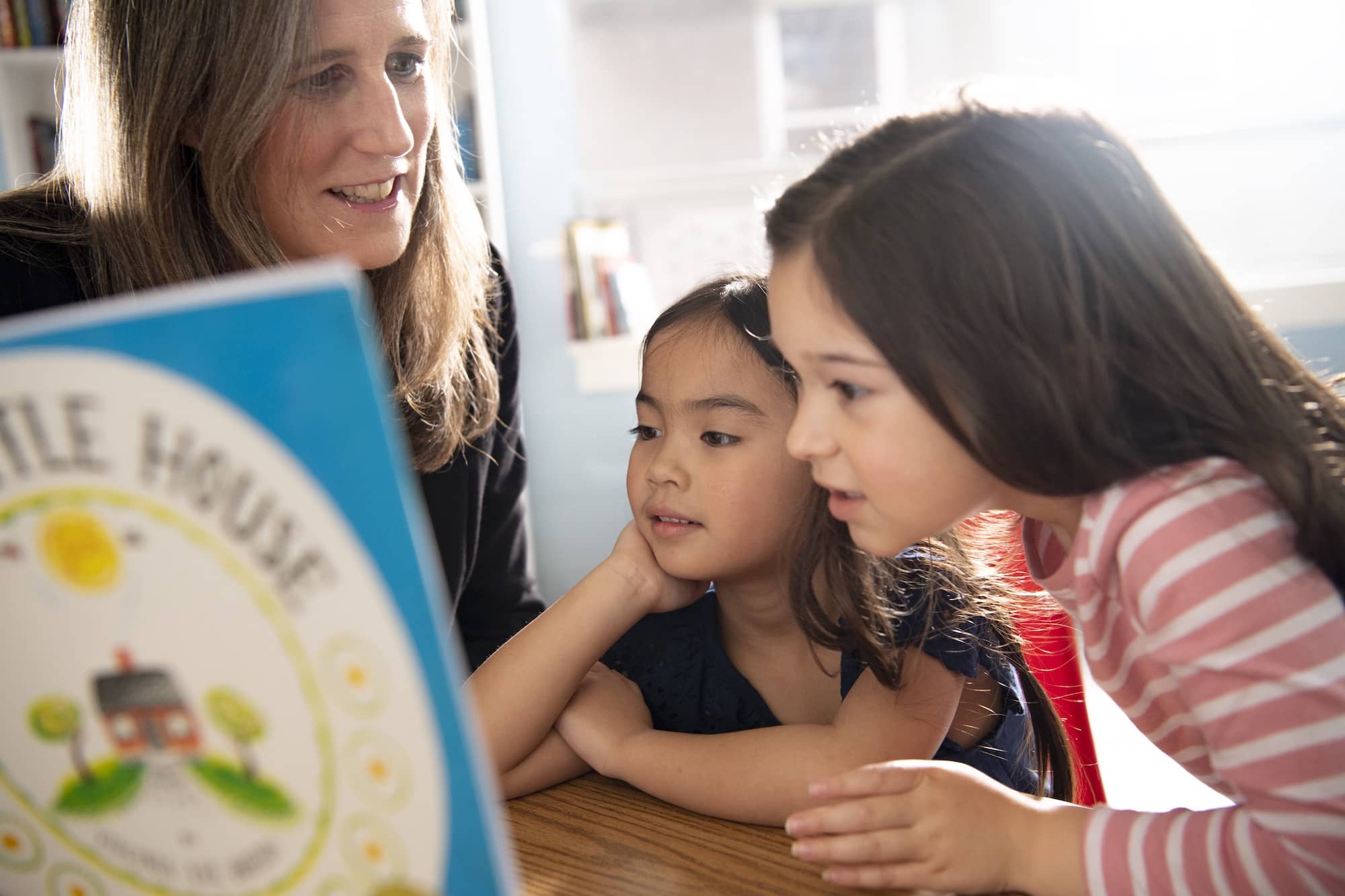Posted in: Aha! Blog > PhD Science > High-Quality Curriculum > New Science Standards Deserve High-Quality Curriculum
For years, US students trended downward in international rankings of science achievement. Our students deserved better.
The development of the Next Generation Science Standards (NGSS), based on The Framework for K–12 Education, was an important step toward closing the international gap and nurturing a new generation of curious, confident students who can explore and sometimes explain the world around them.
Now, educators face new challenges. The Framework calls for massive pedagogical shifts. Teachers must transition from lecturers to facilitators who build a classroom community of young scientists. We can’t make these shifts while relying on the same teaching tools that have been around for years.
When the standards were adopted, publishers quickly began touting their curricula as NGSS ready. That often meant rebranding old material, maybe with some slight retrofitting.
But to really support a new way of teaching, we must build curricula for new standards and instructional shifts from the ground up. Three-dimensional teaching and learning are core to the NGSS. As students uncover Disciplinary Core Ideas by engaging in Science and Engineering Practices and applying the lens of Cross-Cutting Concepts, they move from reading about science to doing science.
However, simply representing the three dimensions in each lesson does not constitute three-dimensional teaching and learning. Students must integrate the three dimensions to explain a phenomenon or solve a problem. With PhD Science™ from Great Minds®, students build deep scientific understanding by investigating rich, compelling phenomena. Students actively engage in a learning cycle of asking questions about real-world phenomena, investigating those questions, developing evidence-based explanations, and finally transferring their new knowledge to explain different phenomena. Teachers facilitate learning, but students own it.
PhD Science was built with the standards in mind to equip educators with better resources for making pedagogical shifts. With PhD Science, educators inspire students to wonder about the world and empower them to make sense of it.
Lauren Chapalee is an associate director on the PhD Science team at Great Minds. In addition to PhD Science, Great Minds is the developer of Eureka Math®/EngageNY Math, the English language arts curriculum Wit & Wisdom®, and Geodes®, a library of books for early readers.
Submit the Form to Print

Lauren Chapalee
Lauren Chapalee serves as an associate director at Great Minds PBC, where she leads a team of curriculum developers creating PhD Science. Previously, Lauren helped design the English language arts curriculum Wit & Wisdom and taught elementary grades in high-needs public schools in Washington, D.C.
Topics: High-Quality Curriculum











